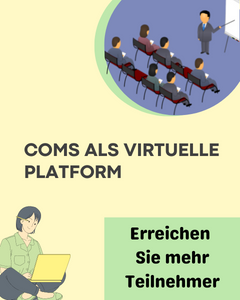Konferenzen > Informatik > Informationstheorie und Grundlagen der Informatik
Wählen Sie ein Land aus
China (1) - Deutschland (1) - Griechenland (1) - Japan (2) - Kanada (1) - Kroatien (1) - Niederlande (1)
ALLE LÄNDER (8)
1
Dagstuhl-Seminar — Proof Systems in Actual Practice: Reasoning and Computation
15. Mär 2026 - 20. Mär 2026 • Schloss Dagstuhl, Deutschland
Eintrags-ID:
1671240
Webseite:
2
ICNLP 2026 — 2026 8th International Conference on Natural Language Processing
20. Mär 2026 - 22. Mär 2026 • Xi'an, China
Eintrags-ID:
1687081
Webseite:
3
ABZ 2026 — 12th International Conference on Rigorous State Based Methods
18. Mai 2026 - 20. Mai 2026 • Tokyo, Japan
Einsendeschluss für Abstracts:
09. Feb 2026
Eintrags-ID:
1676990
Webseite:
4
FM 2026 — 27th International Symposium on Formal Methods
18. Mai 2026 - 22. Mai 2026 • Tokyo, Japan
Eintrags-ID:
1677035
Webseite:
5
CE — Computers in Education
25. Mai 2026 - 29. Mai 2026 • Opatija, Kroatien
Eintrags-ID:
1693230
Webseite:
6
Additivity Problems in Quantum and Classical Information Theory
12. Jul 2026 - 17. Jul 2026 • Banff, Alberta, Kanada
Eintrags-ID:
1668712
7
WE Heraeus - Lorentz Workshop — Automated Reasoning for Quantum Mechanics
13. Jul 2026 - 17. Jul 2026 • Leiden, Niederlande
Eintrags-ID:
1688008
8
BCI — 12th Balkan Conference in Informatics (BCI'2026)
11. Okt 2026 - 14. Okt 2026 • Thessaloniki, Griechenland
Eintrags-ID:
1696190
Conference-Service.com stellt der Öffentlichkeit ein Kalendarium wichtiger Konferenzen, Symposien und sonstiger Tagungen im wissenschaftlich-technischen Bereich zur Verfügung. Obwohl das Verzeichnis mit großer Sorgfalt zusammengestellt und ständig aktualisiert wird, weisen wir auf die Möglichkeit von Fehlern ausdrücklich hin. Bitte vergewissern Sie sich immer beim Veranstalter, bevor Sie über die Teilnahme oder Nichtteilnahme an einer Konferenz entscheiden.
Stand vom 6. Februar 2026



